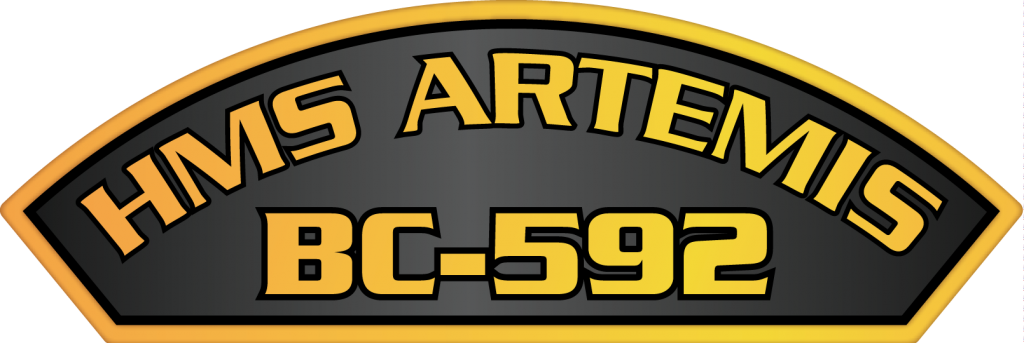Intelligence Specialist
(IS)

Department Head:
Position Open (Apply)
| Rating Description |
|---|
| Intelligence Specialists (IS) are involved in collecting and interpreting intelligence; especially secret information about enemies or potential enemies. They analyze photographs, sensor reports an records and prepare charts, maps, and reports that describe in detail the strategic situation in ship’s area of operations and other important parts of the Galaxy. |
| Training Information | |||
|---|---|---|---|
| Members desiring to qualify to serve at the different skill levels within the Intelligence Specialist department must pass the following exams and prerequisites: | |||
| Course Name | Course Code | Prerequisite(s) | |
| Basic Intelligence Specialist “A” School |
SIA-SRN-26A | SIA-RMN-0002 | (Basic Non-Commissioned Officer) |
| Course Name | Course Code | Prerequisite(s) | |
| Advanced Intelligence Specialist “C” School |
SIA-SRN-26C | SIA-RMN-0004 | (Advanced Non-Commissioned Officer) |
| SIA-SRN-26A | (Basic Intelligence Specialist) | ||
| Course Name | Course Code | Prerequisite(s) | |
| Warrant Officer Intelligence Specialist “W” School |
SIA-SRN-26W (Project) | SIA-RMN-0012 | (Master Chief Warrant Officer) |
| SIA-SRN-26C | (Advanced Intelligence Specialist) | ||
| Course Name | Course Code | Prerequisite(s) | |
| Intelligence Specialist Department Head “D” School |
SIA-SRN-26D | SIA-RMN-0103 | (Lieutenant (sg)) |
| SIA-SRN-26C | (Advanced Intelligence Specialist) | ||
| After passing the “D” School exam, a member will be named by BuTrain as qualified to lead an Intelligence Specialist department within his or her unit. | |||
| Rating History |
|---|
| The intelligence specialist rating was established by the United States Navy in 1975 by combining the photo intelligenceman (PT) rating (had been established 1957) and parts of the yeoman (YN) rating. As of June 2005, there are a few more than 2000 enlisted intelligence specialists in the US Navy. |
| Military information, particularly classified information about enemies or potential enemies, is called “intelligence”. Intelligence specialists analyze intelligence data. They break down information to determine its usefulness in military planning. From this intelligence data, they prepare materials that describe in detail the features of strategic and tactical areas all over the world. |
| The duties performed by ISs include: analyzing intelligence information; identifying and producing intelligence from raw information; assembling and analyzing multi-source operational intelligence; preparing and presenting intelligence briefings; preparing planning materials for photographic reconnaissance missions; analyzing the results; preparing reports; preparing graphics, overlays and photo/map composites; plotting imagery data using maps and charts; providing input to and receive data from computerized intelligence systems ashore and afloat; maintaining intelligence databases, libraries and files. |
| Intelligence specialists serve in a variety of different jobs all over the globe. Some common places to find ISs are on aircraft carriers, guided missile cruisers, various amphibious ships, aircraft squadrons, and shore installations. |
| Reference(s): “Intelligence Specialist (United States Navy ratings),” Wikipedia. |
